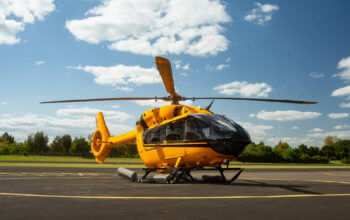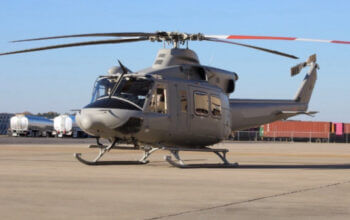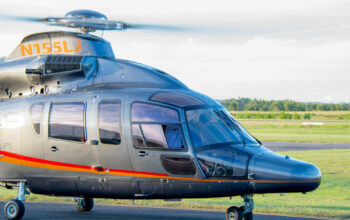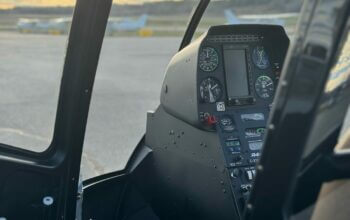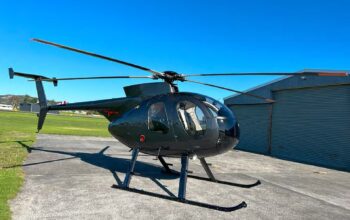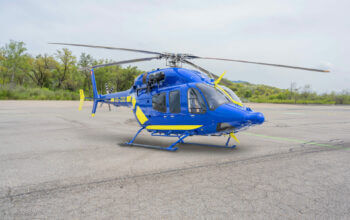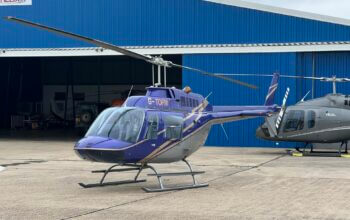Estimated reading time 3 minutes, 41 seconds.
Boeing Corp. was urged today by Defence Minister Harjit Sajjan to withdraw its complaint to the U.S. International Trade Commission (ITC) that Bombardier’s C Series is being unfairly subsidized by the federal and Quebec governments.
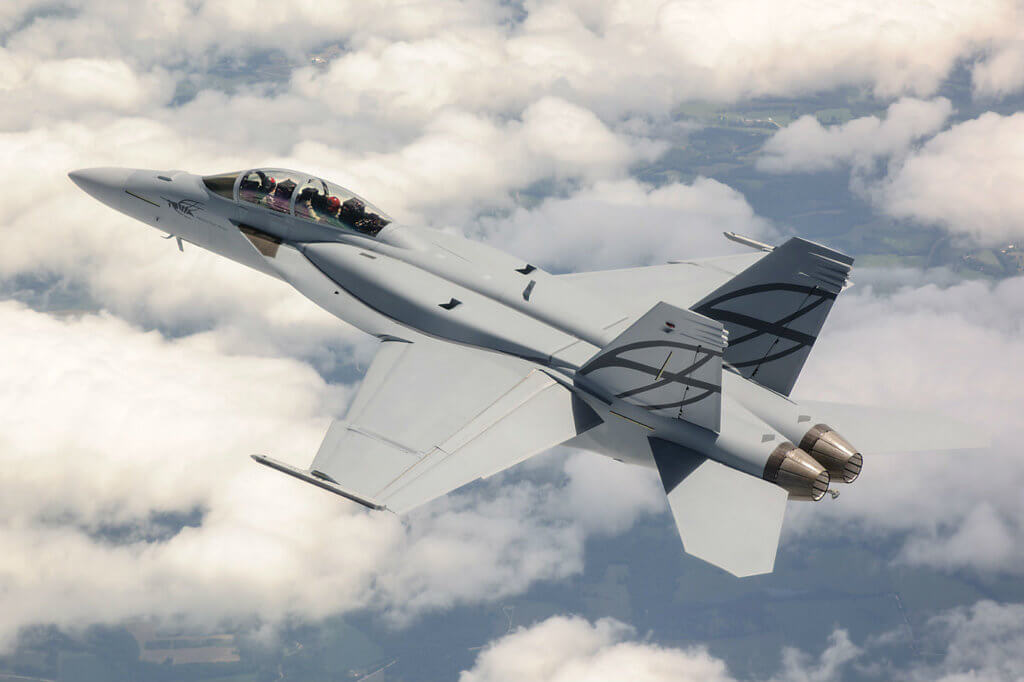
In a broad-ranging speech just before the opening of the annual CANSEC trade show organized by the Canadian Association of Defence and Security Industries, Sajjan didn’t go into detail, including the government’s threat to review its proposed acquisition of an interim fleet of Boeing F/A-18 Super Hornets.
“Our government is of the view that their action against Bombardier is unfounded . . . and we call on Boeing to withdraw it,” he said.
No further action is expected until the Department of Commerce has reviewed the company’s request.
Meanwhile, Sajjan reiterated that Boeing, which has a decades-long relationship with Canada’s military, remains a “trusted partner” despite the threat to revisit the interim fighter proposal.
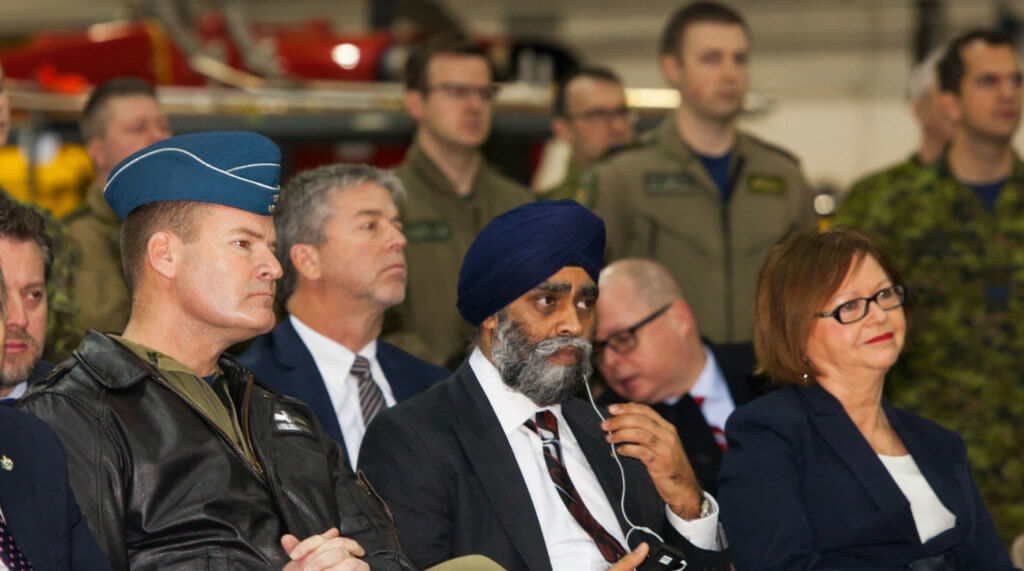
He also reiterated that the 18 additional Super Hornets are needed to fill a continuing “capability gap” in the Royal Canadian Air Force’s ability to meet North American Aerospace Defense (NORAD) and North Atlantic Treaty Organization (NATO) requests for RCAF fighters while also meeting domestic requirements.
“The interim fleet procurement requires a trusted industry partner. For decades, Boeing has been an outstanding partner with the Canadian Armed Forces. . . . I expect that to be the case in the decades to come.”
Boeing spokesman Scott Day acknowledged Sajjan’s remarks in an emailed statement to Skies.
“We heard Minister Sajjan’s comments at CANSEC and we value that he recognized Boeing as a strong partner in the past and for the future,” said Day. “Per the minister’s request to withdraw our petition, this is a commercial matter that Boeing is seeking to address through the normal course for resolving such issues.”
In a 109-page submission to the ITC last week, Boeing said government support for Bombardier’s single-aisle C Series mirrors a strategy employed by Airbus some years ago.
“Subsidies to Airbus enabled it to push McDonnell Douglas (now part of Boeing) and Lockheed from the market, and capture 50 per cent global market share, destroying countless high-paying, skilled U.S. jobs in the process,” said Boeing.
Bombardier said in a separate filing that Boeing’s effort to shut down its innovative technology from the market is “misguided” and that the complaint is tantamount to asking the ITC to imagine a hypothetical world.

